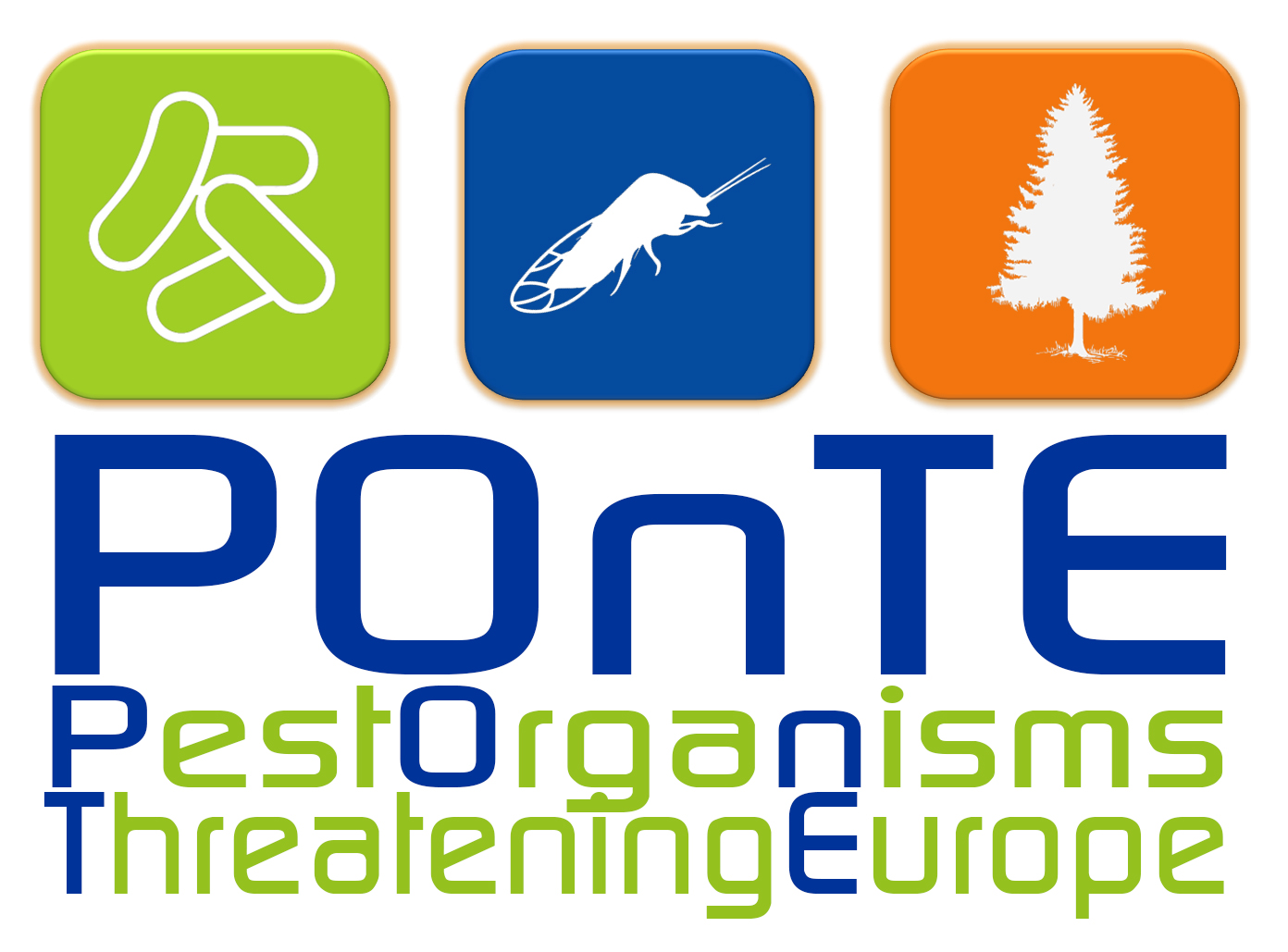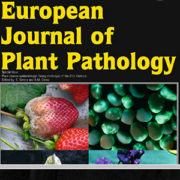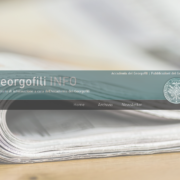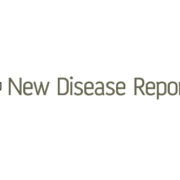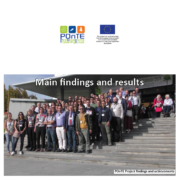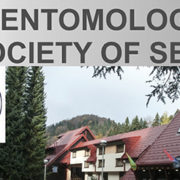A survey of CalSol in historical seed from collections of carrot and Apiaceae species
European Journal of Plant Pathology, 1-13. https://doi.org/10.1007/s10658-017-1322-6
Wendy A. Monger, Colin J. Jeffries
Science and Advice for Scottish Agriculture (SASA), Edinburgh, UK
ABSTRACT
The occurrence of ‘Candidatus Liberibacter solanacearum’ (Lso) was determined in commercial and wild species of the family Apiaceae, obtained from three seed collections held in the United Kingdom. The accessions dated from the 1970s and the seed had been sourced worldwide. Although only small quantities of each seed accession was tested, a high proportion of commercial carrot seed lots from European sources contained the bacterium; the earliest dating from 1973. Celery, parsnip and parsley seed were also tested and positive seed was found, dating from 1980, 2001 and 1990 respectively. This paper reports the first finding of Lso in celeriac seed with the earliest positive accession dating from 1979, also the first finding of Lso in the seed of the wild carrot Daucus carota and the related species D. aureus, both from Lebanon (1990). Lso was found in old commercial seed from countries not previously reporting the presence of this bacterium in Apiaceae species: Czech Republic, Denmark, Egypt, Japan, Netherlands, Soviet Union, Syria, United Kingdom and United States of America. There were clear differences in findings of the bacterium in historical seed from different regions of the world and different Apiaceae species, with few findings in seed from countries outside of the European-Mediterranean region and from wild Apiaceae species.
Published on September 13, 2017 by EUROPEAN JOURNAL OF PLANT PATHOLOGY
